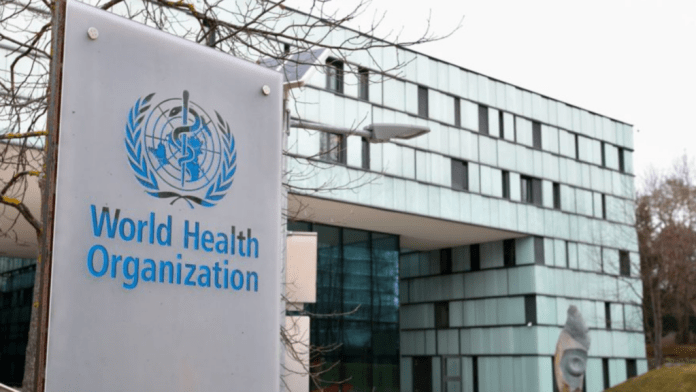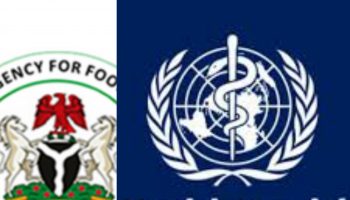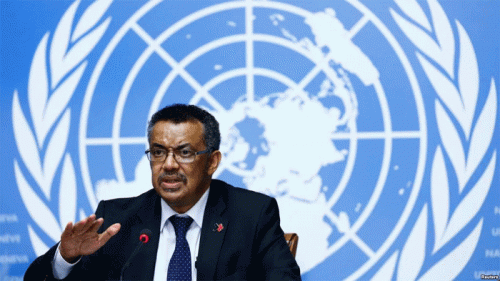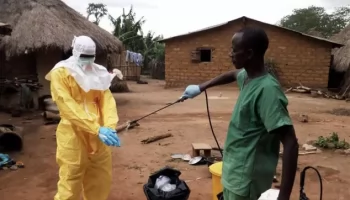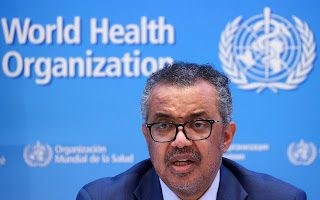The World Health Organization (WHO) has officially certified Cape Verde as a malaria-free country.
This achievement places Cape Verde among the elite group of 43 countries and 1 territory that have received such certification from the WHO.
Cape Verde is the third country in the WHO African region to attain this status, following Mauritius and Algeria, certified in 1973 and 2019, respectively.
The official certification by WHO is granted when a country demonstrates, with rigorous evidence, the interruption of indigenous malaria transmission by Anopheles mosquitoes nationwide for at least the past three consecutive years.
Additionally, the country must showcase the capacity to prevent the re-establishment of transmission.
In the world, the African continent bears the highest malaria burden, accounting for approximately 95% of global malaria cases and 96% of related deaths as of 2021.
The WHO certification is expected to have wide-ranging positive effects on Cape Verde’s development including combating other mosquito-borne diseases such as dengue fever and boosting socio-economic activities in a country where tourism constitutes approximately 25% of GDP.
WHO Director-General, Dr. Tedros Adhanom Ghebreyesus, commended the commitment and resilience of the government and people of Cape Verde.
Dr. Tedros expressed optimism about the possibility of a malaria-free world with existing tools and new advancements, including vaccines.
